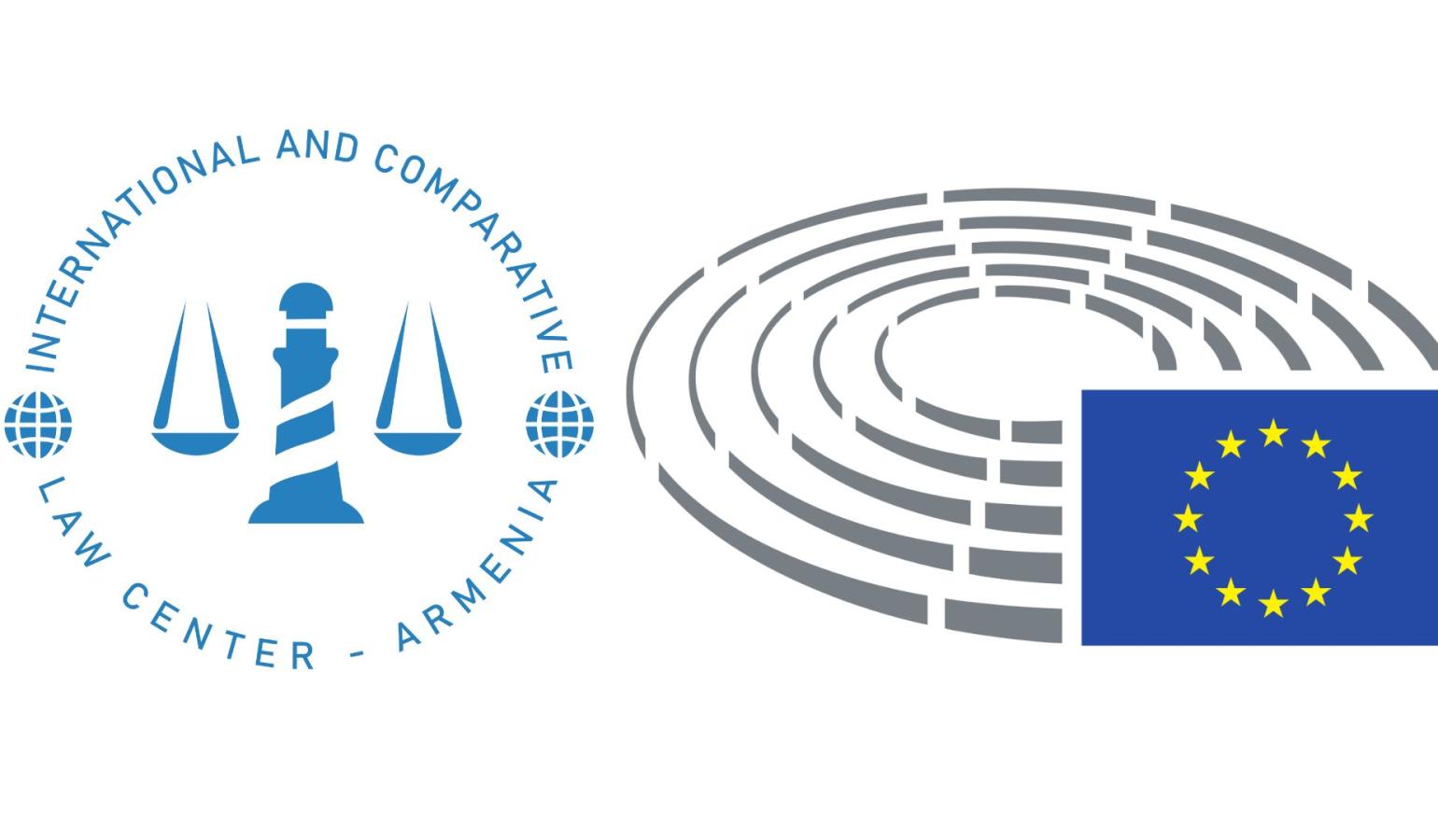
The “Open Society Foundations - Armenia” held an online discussion on “Human rights challenges a year after the 44-day Artsakh war” on November 8. The purpose of the discussion was to thoroughly reflect on the human rights situation in the Artsakh conflict after the war, the humanitarian crisis created after the military operations, and the role of international structures, particularly the European Union, OSCE, Council of Europe and the United Nations.
The speakers at the event were:
the Vice President of the European Parliament, a member of the Greens/European Free Alliance group represented in the European Parliament, Heidi Hautala: human rights attorney, the president of the " International and Comparative Law Center" and co-founder of the "Path of Law" NGO Siranush Sahakyan; RAHuman Rights Defender Arman Tatoyan and and lawyer Levon Gevorgyan, a member of the legal team representing Armenia at the UN International Court of Justice.
Heidi Hautala, the Vice President of the European Parliament, starting the discussion, expressed her belief that the European Union can play an important role in the protection and guarantee of human rights after the 44-day war in Artsakh. According to her, the EU can and will come up with a new strategy for relations with the countries of the South Caucasus.
In her speech, human rights attorney Siranush Sahakyan presented new details regarding the cruel treatment and torture of Armenian POWs in Azerbaijan, emphasizing that these cases are gross violations of international humanitarian law and require the unambiguous assessment of international institutions.
"It is necessary to name the violations of human rights exactly as they are, and there is no need to put an equality sign between the parties as it is sometimes done by political actors" - emphasized the human rights defender and added that there are many recorded facts about the cruel treatment and torture of Armenian prisoners of war and civilians by Azerbaijan, which cannot be ignored or denied.
Siranush Sahakyan considered it necessary to conduct an international investigation in order to reveal human rights violations, war crimes, as well as to bring the perpetrators and sources of the violations to justice.
"It is necessary to identify all those, including high-ranking officials who are involved in these crimes and, other than political appeals, implement real actions with tangible results, such as imposing sanctions against these people," the human rights lawyer noted.
Human rights defender Arman Tatoyan said in his speech that after the war, Azerbaijani armed servicemen are a threat of a new war on the roads of Syunik, near the villages of Syunik and Gegharkunik regions of RA.
Human rights defender Arman Tatoyan said in his speech that after the war, the Azerbaijani armed servicemen being near the villages of Syunik and Gegharkunik provinces of the Republic of Armenia, came under the threat of a new war on the roads of Syunik.
“We should acknowledge that other than the political and military dimension this war has also another one – a human rights dimension. However, the human rights component is totally ignored. The armed forces of Azerbaijan violate the rights of the Armenian population living by the border almost every day. And as we had suggested, establishing a security zone is a must in order to restore the normal life of those living by the border and to start negotiations on demarcation and delimitation. However, restoring human rights should be ensured first of all," said the RA Ombudsman.
The other speaker of the event was lawyer Levon Gevorgyan, who, among other issues, pointed out the spread of racism and hate speech by the Azerbaijani authorities and the encroachments on Armenian cultural heritage. According to Levon Gevorgyan, the international community should be very explicit in its statements without shunning from condemning Azerbaijan’s politics of racism and discrimination.
“The international community should be clear in its attitudes as to which party has breached or is breaching international obligations and human rights” noted the lawyer.
The participants of the discussion agreed that active and further involvement of international organizations is extremely important at the moment. In particular, with the support of the EU, the deployment of a monitoring mission on the border with the mandate of the OSCE and the Office of the UN High Commissioner for Human Rights would help to address the border situation and human rights violations there. The speakers also emphasized the need to ensure the unrestricted access of international organizations to Artsakh, particularly for UNESCO.